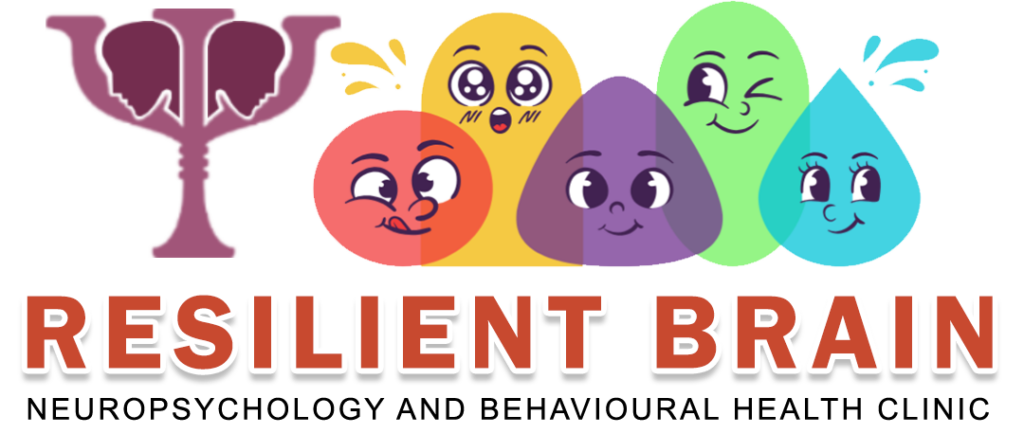Stress Management

Stress Management
Everyone experiences stress when they face changes or challenges. It’s a natural reaction, and your body responds both physically and mentally.
Stress management involves using techniques to handle stress better and prevent stress-related symptoms. The key is to take control of your thoughts, emotions, schedule, environment, and how you deal with problems.
There are many stress management techniques to help you react better to stress and build resilience. However, stress management is not the same for everyone. It’s important to try different strategies and find what works best for you, whether you’re reducing overall stress, avoiding unnecessary stressors, or managing stress in the moment.
How does stress affect your physical and mental health?
Stress can have a significant impact on your physical and mental health. When you’re stressed, you may experience:
- Anxiety, depression, or panic attacks
- Chest pain or a racing heart
- Fatigue or trouble sleeping
- Headaches
- High blood pressure
- Upset stomach or indigestion
What are ways to identify stress?
The first step to reducing stress is identifying what causes it. Major stressors, like moving, changing jobs, or going through a divorce, are easy to spot. However, smaller stressors can also significantly impact your physical and mental well-being.
Keeping a journal can help you track your stress levels and how you cope. It can also help you identify your stressors and notice patterns. For a week or more, write down:
- What causes your stress
- How you feel physically and emotionally
- How you react to the stressor
What are ways to cope with stress?
There are many ways to cope with stress, and it’s best to make these techniques part of your daily routine, not just when you’re feeling overwhelmed. Most people find a combination of methods works best.
Relaxation Techniques
- Laugh more: Laughing can lower the stress hormone cortisol and improve your mood. Watch a funny show or spend time with someone who makes you laugh.
- Calm your mind: Practices like mindfulness, meditation, massage, and deep breathing can slow your heart rate and relax your mind. Listening to your favorite music or soothing sounds can also help.
Physical Techniques
- Be physically active: Activities like walking outdoors or exercising with friends can lift your mood. Try mindful exercises like yoga or tai chi as well.
- Eat a healthy diet: Focus on eating more fresh fruits and vegetables, and reduce your intake of fatty foods, caffeine, and sugar.
- Improve your sleep habits: Turn off electronics, create a calm environment, and unwind with a book or a warm bath to improve your sleep.
- Stop using substances: Quit smoking and reduce alcohol consumption. If you need help with substance use, call the Substance Abuse and Mental Health Services Administration national helpline at 1-800-662-HELP (4357).
Cognitive Techniques
- Keep a journal: Write down your accomplishments or three things you’re grateful for each day to focus on positive events.
- Make “me time”: Do something for yourself each day, whether it’s meditating, meeting a friend, reading a book, or working on a hobby.
- Seek help: A mental health professional can teach you stress management techniques. Cognitive Behavioral Therapy (CBT) is a proven method to help change how you respond to stress.
- Share your feelings: When feeling overwhelmed, talk to a trusted friend or loved one. Sometimes just hearing a familiar voice can help.
- Take control: Use lists or apps to manage your time and tasks. Plan your day the night before to know what to expect and what might need rescheduling. Give yourself permission to say no to others when needed.

